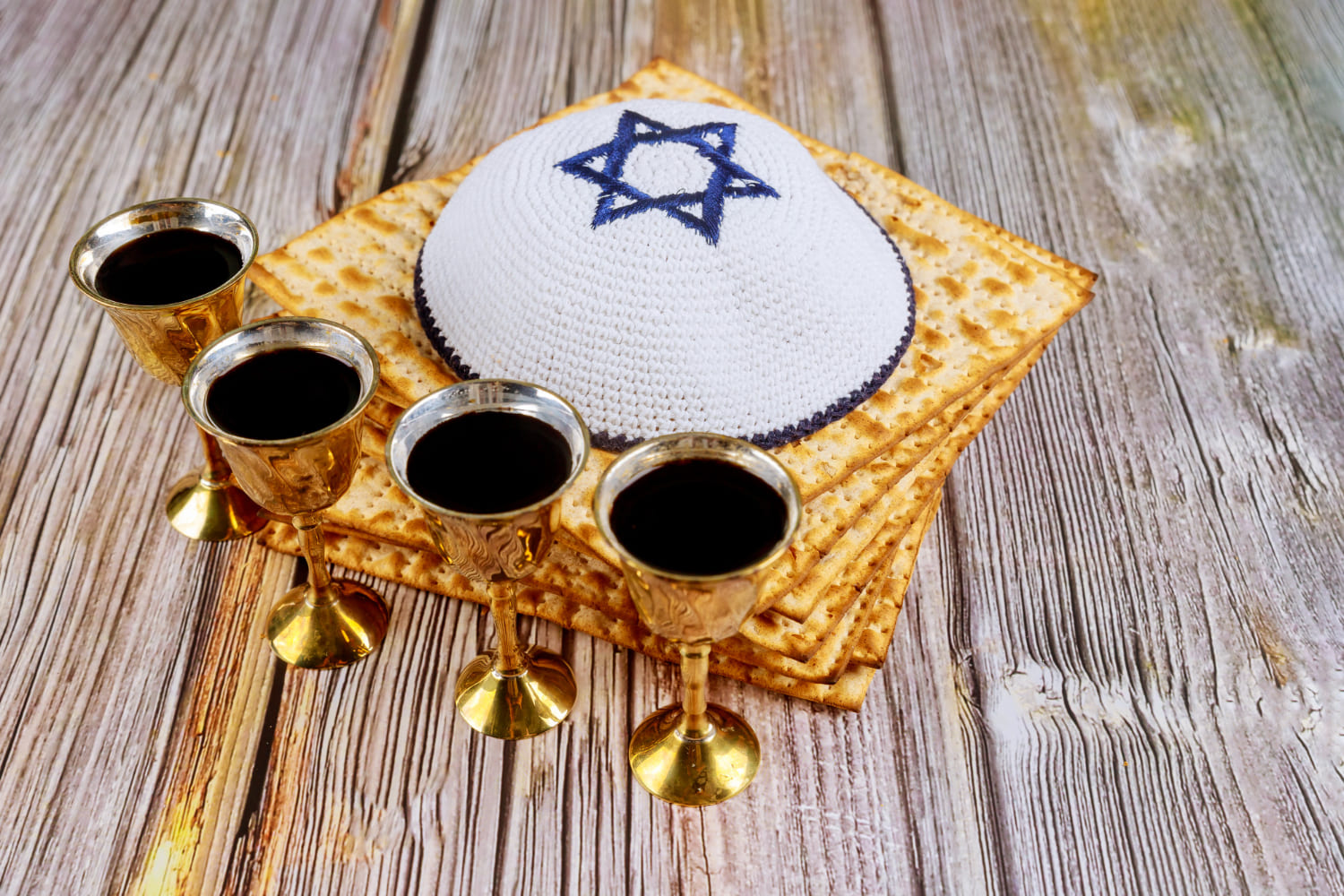Many faiths, cultures, and religions follow specific diets or have particular requirements for the food that they eat.
If you’ve heard about the Muslim and Islamic dietary laws, you might think they sound similar, so can Jews eat halal?
No, Jews can’t eat Halal, only kosher foods. Most kosher foods that do not contain alcohol are considered halal, but many halal foods are not considered kosher. Some halal foods can be kosher, though never halal meat.
Read ahead to find out what these two dietary laws actually mean, and why Jewish people cannot necessarily eat halal food.
Are Members Of The Jewish Faith Allowed To Eat Halal Food?
The specific dietary laws that determine what members of the Jewish faith are allowed to eat are known as the laws of Kashrut, and permitted foods are known as “kosher”.
By comparison, “halal” foods are those that the Islamic faith considers lawful, according to dietary laws that can be found in the Quran.
Jewish people that choose to follow Jewish dietary laws cannot eat all halal food, as it is not necessarily kosher.
However, Muslim people that choose to follow Islamic dietary laws can generally eat kosher food, as most kosher food is halal as well – as long as it does not contain alcohol.
This is partly due to some of the more specific and particular rules that are laid out for kosher products, and there are some requirements for halal food that automatically prevent them from being considered kosher.
To understand what that all means, we need to look at how these two sets of laws are similar, and where they are different.
What Does Halal Mean?
In Arabic, halal simply means “permitted” and it is a relatively broad term that is used to describe the items and behaviors that are allowed within the Islamic faith. In contrast, items and behaviors that are not lawful to Muslims are considered haram, which means “forbidden”.
There are many foods that are not considered halal, including:
- Unclean animals (According to Islamic beliefs)
- Unclean parts of halal animals
- Blood
- Alcohol or intoxicating substances
If food has been processed, then it should be accredited by a religious organisation to certify that the ingredients are all halal.
The preparation of meat is also an important part of halal foods. Islam teaches that all life is valuable and Muslim butchers need to follow a specific process so that no animals are slaughtered needlessly. Muslim butchers also offer the life of the animal to God.
Muslims may eat animals that were slaughtered by Christian or Jewish butchers, as these cultures are “people of the book” and followers of the same God, according to Islamic belief.
What Does Kosher Mean?
While halal refers to all items and behaviors that are permitted for Muslims, kosher is a term specifically used in the context of food.
Kosher food is that which Jewish people are allowed to eat, and the word means “appropriate” in Hebrew. The laws for what is considered kosher come from the Hebrew Bible and the Talmud.
Foods that are not considered kosher include:
- Unclean animals (According to Jewish beliefs)
- Unclean and prohibited parts of kosher animals
- Blood
- Meat and dairy within the same meal
Importantly, some animals that are considered “unclean” within the Jewish faith are not considered “unclean” within Islam.
For these dietary laws, all foods are also split into three categories – meat, dairy, and “pareve” (eggs, fruits, grains, etc.).
The guidelines for kosher food are also strict about preparation, including how Jewish butchers can slaughter animals.
Overall, Jewish regulations are more strict than those within Islam. Kosher meat has to be blessed by a member of the Jewish faith, which means that halal meat is not kosher by default.
Also, cross-contamination of meat and dairy is allowed in halal kitchens but not permitted for kosher foods, and some meats that are considered halal are not kosher.
Are Some Foods Both Halal and Kosher?
Although there are some very important differences between these two sets of guidelines, there are many similarities as well. Some halal food is considered kosher, and most kosher food is considered halal.
Vegetarian options are generally permitted by both Islamic and Jewish dietary laws, and there are an increasing number of processed foodstuffs that are specifically made to be both halal and kosher.
They follow strict guidelines to comply with the regulations of both religions.
Summary: Can Jews Eat Halal?
So, can Jews eat halal food? Not all halal food is considered kosher, which means that it is not necessarily permitted to be eaten according to Jewish dietary laws.
Some halal food, however, can be kosher – such as plant-based food and specifically designated inter-faith processed options.
Kosher food, on the other hand, is usually halal, unless it contains alcohol products.







